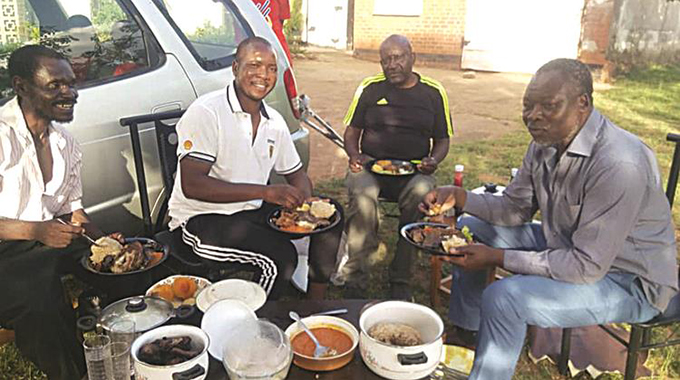Parly ratifies three loans
Farirai Machivenyika Senior Reporter
Parliament last week ratified three loan agreements that Government entered into with two banks from India and China for three projects in the energy and telecommunications sectors.
Government secured two loans from the Export-Import Bank of India in June for the Deka Pumping Station and River Water Intake System Project to improve water supply to Hwange Power Station and the refurbishment of Bulawayo Thermal Power Station.
The two projects are being implemented by the Zimbabwe Power Company (ZPC).
The other loan was obtained from the Export-Import Bank in China for Phase III of the NetOne broadband expansion project.
Government secured US$28,6 million for the Deka project and US$19,5 million for the refurbishment of Bulawayo Thermal Power Station from the Export-Import Bank of India and US$71 from China Exim Bank for the NetOne project.
The motions for the ratification of the three loan agreements were moved by Finance and Economic Development Minister Professor Mthuli Ncube in line with the Constitution.
He said the loan agreement for the refurbishment of Bulawayo Thermal Power Station would go a long way in improving power supply to Zimbabwe’s second largest city.
“This loan agreement is US$19,5 million, it has a low interest rate of 1,75 percent per annum and then the loan is basically long term, with a very nice grace period that really makes it an affordable loan and I think it will go a long way in resuscitating power production for use by the City of Bulawayo,” said Prof Ncube.
The power station has the capacity to produce 90MW but had zero output on December 24, along with other two small thermal power stations — Munyati and Harare.
On the NetOne loan, Prof Ncube said it also had favourable repayment terms.
“This loan agreement, Mr Speaker Sir, to elaborate, is US$71 million; the interest rate is set at 2 percent per annum with China Exim Bank. There is a grace period of 5 years. The maturity period of the loan is 20 years and in terms of repayment, we will pay twice a year or rather 30 semi-annual instalments,” he said.
As part of measures to improve Zimbabwe’s overall investment climate, the Government has prioritised the provision of reliable energy supplies and telecommunication systems.
Some of the projects, particularly the Hwange Thermal Power Station expansion are long-term in nature and will start feeding power into the national grid beginning next year. The Zimbabwe Electricity Transmission and Distribution Company is currently implementing a load shedding regime, which has seen consumers going for long hours every day without power, due to reduced generation at the Kariba South Hydro Plant and old equipment at its thermal power stations in Hwange, Bulawayo and Harare.








Comments